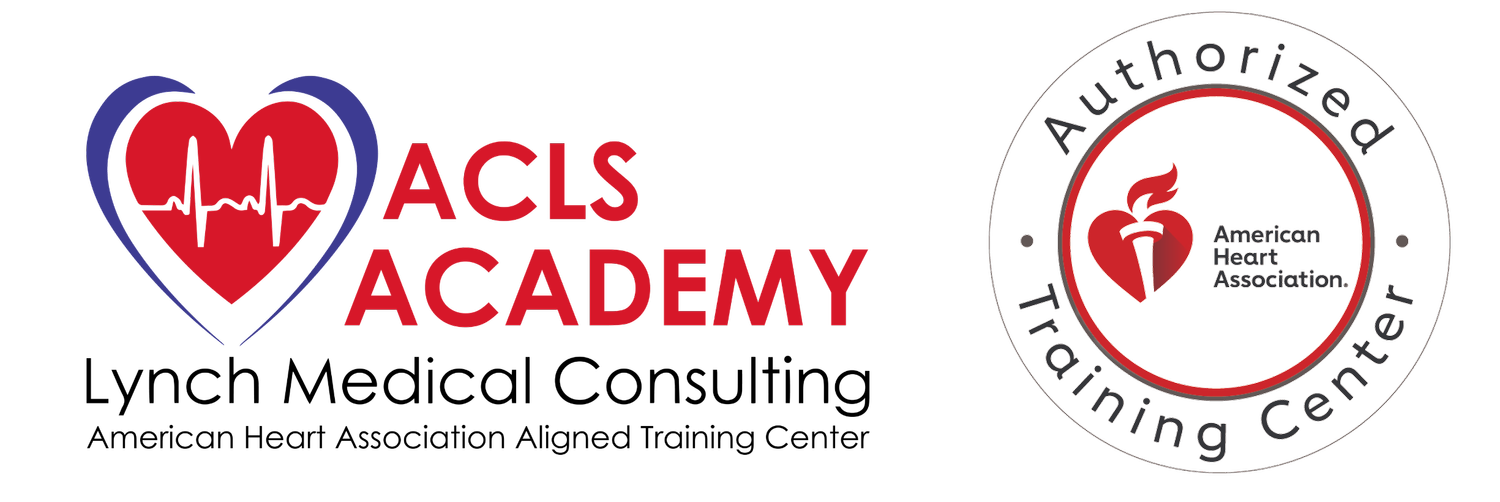If you are one of the 122 million people battling high blood pressure, that is nearly half of Americans ages 20 years and up, there are some interesting new developments about potential treatments for hypertension. In November 2023, the FDA granted two medical device companies premarket approval (PMA) for a renal denervation system for treating hypertension. Hypertension increases the chances of heart disease and stroke and now new revolutionary treatments are available that can reduce that risk.
Recor’s Paradise Ultrasound RDN was approved in early November with the first commercial procedures conducted at New York-Presbyterian/ Columbia University Irving Medical Center in New York, at the Cleveland Clinic at Smidt Heart Institute at Cedars-Sinai in Los Angeles, and at Gates Vascular Institute in Buffalo, New York. Paradise uRDN treats hypertension by ablating the nerves around the renal arteries, disrupting the overactive sympathetic nerves that can cause hypertension. The system uses a water-filled balloon catheter to deliver two to three doses of 360-degree ultrasound energy, each lasting seven seconds. The system also includes a HydroCooling system that circulates sterile water through the catheter to help protect the renal artery wall.
The second RDN system approved mere weeks later was Medtronic’s Symplicity™ Spyral RDN. Medtronic’s system delivers radiofrequency energy to nerves near the kidneys that can become overactive and contribute to high blood pressure. Dr. Barry Bertolet of Cardiology Associates of North Mississippi was involved in the clinical trials for the Symplicity™ Spyral procedure and was granted early access to the technology to perform the first procedure at North Mississippi Medical Center after FDA approval. The Symplicity Spyral RDN system uses a catheter that has an electrode pattern in a helical arrangement, which allows ablation in all four quadrants either simultaneously or individually. Radiofrequency energy is delivered separately to the main renal artery, accessory arteries, and branch vessels to maximize the achieved denervation. The procedure is currently performed through the patient’s femoral (leg) artery through radial artery access (through the patient’s wrist) it is expected to be an option in the future. The procedure takes less than an hour, and the patient can go home the same day.
With these FDA approvals, the United States begins to catch up with other countries on renal denervation procedures. The European market is already full of contenders in the renal denervation marketplace with device makers that have received approval to sell hypertension devices in Europe, including Medtronic Inc.; St. Jude Medical, Inc.; Covidien Plc; ReCor Medical; and Vessix. Vessix also has won approval to be sold in Australia.
Medtronic and Recor designed their competing systems to ablate overactive nerves between the brain and the kidneys that help regulate blood pressure. Both RDN systems are effective for patients with resistant hypertension and mild to moderate hypertension who can't tolerate enough medication.
Getting a renal denervation therapy to market is one of the biggest wins that the world of devices has seen in a long time. According to the American Heart Association, about 30 million Americans have resistant hypertension, which is defined as uncontrollable high blood pressure and regulated with at least three different medications. Both RDN systems are intended as an adjunctive treatment option when lifestyle changes and medications have not adequately controlled a patient’s blood pressure.
Most experts agree the two RDN systems probably produce comparable reductions in blood pressure. The data show renal denervation is synergistic with other medications and that it can bring about an effect similar to a good antihypertensive medication taken as prescribed. So far, with follow-up out to about 3 to 5 years, the blood pressure reduction appears durable.
The renal denervation procedure does not work for everyone, according to Naomi Fisher, MD, Director of hypertension at Brigham and Women's Hospital in Boston, Massachusetts, who has been involved in clinical trials for both companies. In the studies, around two-thirds of patients responded to the treatment. So, not all patients will respond and the studies haven't been able to identify subgroups who respond better than others, but this additional data will be sought in the future.
Everyone agrees that the renal denervation procedure should not be used in new patients with hypertension who have not engaged in significant lifestyle modification and use of antihypertensive medications. Lifestyle modification and medications should be the first line of attack which will work for many patients. The procedures also have not entered the medical mainstream, therefore the cost of the renal denervation procedure has not yet been established in the United States but is likely to be at least several thousand dollars, much more than available antihypertensive medications, which may be prohibitive to insurers who are unlikely to allow widespread funding.
ACLS Academy is an authorized American Heart Associate (AHA) Aligned Training Center. We have three convenient locations in Massachusetts – Quincy, Bridgewater, and Newton Center with most of our classes including an online training component. We provide high-quality courses taught by instructors practicing in the medical profession for ACLS, TNCC, BLS, ENPC, NRP, PALS, Bloodborne Pathogen, Heart Saver CPR/AED, First Aid, and Instructor Courses. Browse our catalog of courses.

